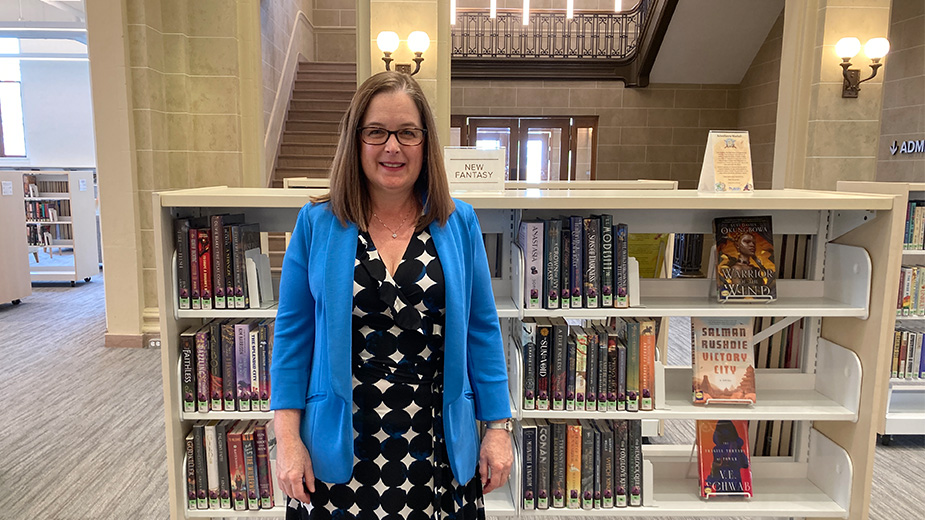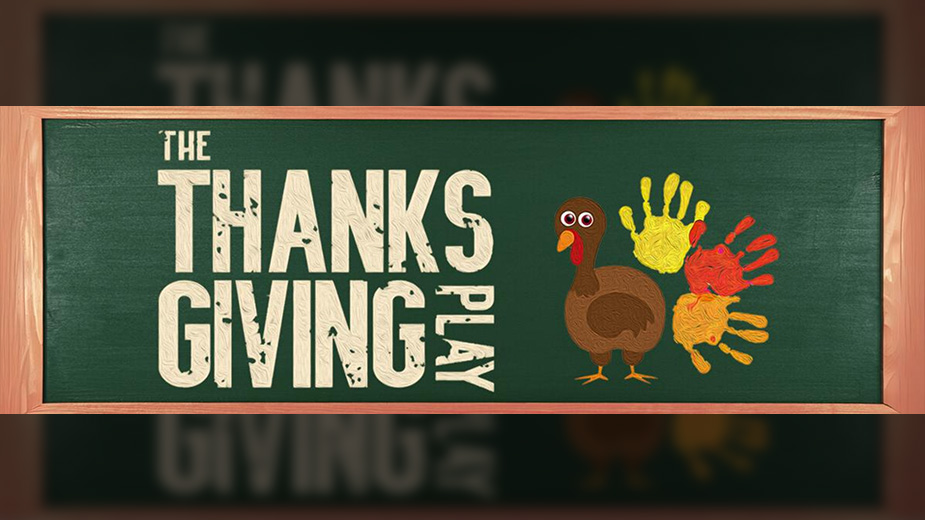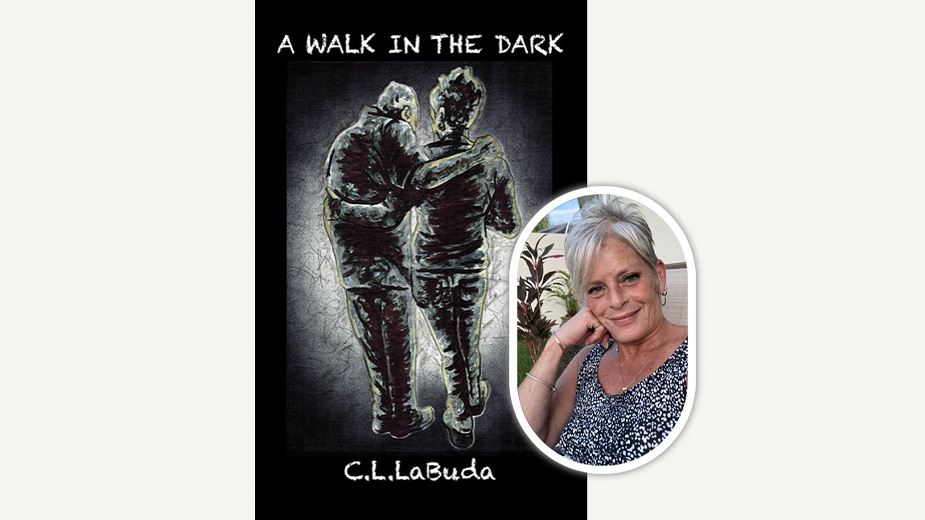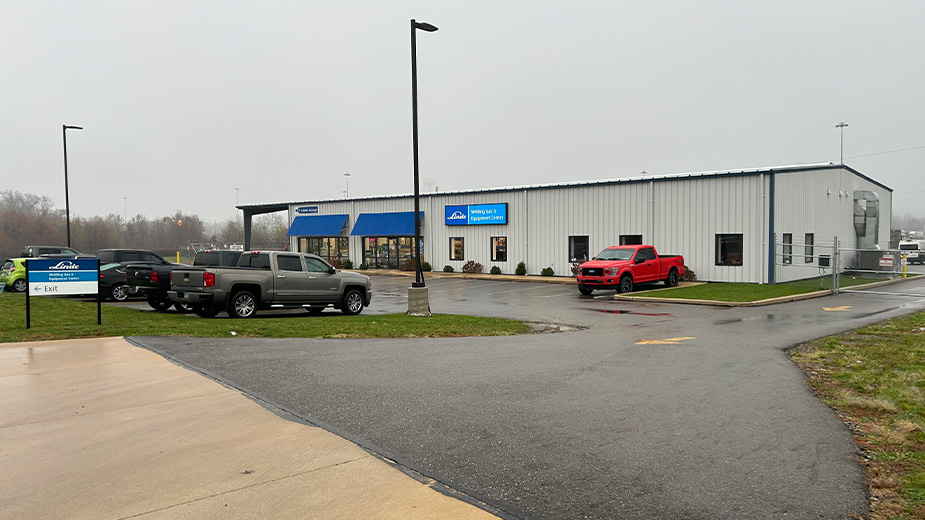Why the Long Wait for Popular E-books at Libraries?
YOUNGSTOWN, Ohio – If you’ve ever placed a new e-book by James Patterson or Colleen Hoover on hold at the library, you likely know you’re in for a long wait.
The author’s or title’s popularity isn’t the only reason for the delay.
Publishers charge much more for libraries to lend e-books than what’s charged to consumers.
For example, Kristen Hannah’s “The Women,” a novel ranked No. 3 last week on the New York Times bestseller list, costs about $15 for a Kindle download for Amazon account holders.
“That same title costs us $60 in either e-book or audio,” said Aimee Fifarek, director and CEO of the Public Library of Youngstown & Mahoning County.
And while a consumer buys and keeps the book, libraries may only lease them. Sometimes the lease is for a period of time, and other times it’s based on the number of circulations. Once the lease expires, if a library wants to continue to offer that book to patrons, it has to lease that title again for whatever the price is at the time.
Before “The Women” was released, the library had 108 holds on it – that’s how many people requested it.
“Now our standard is that we buy a copy for every five holds we get …,” Firarek said. “That was a purchase of 21 books at $60 each – $1,260 – on one title that will disappear in two years.”
She explained that the publishing world is still largely print-based even though titles come in digital and audio formats
“The way publishers evolved was to sell individual copies of things, … and, unfortunately, that model hasn’t really evolved in the electronic world,” Fifarek said. “Even though you can create a digital file that can be shared simultaneously with everyone, the underlying issue is not the file, but how the author is compensated for the intellectual property.”
That’s done largely based on an entire book viewed in the publishing world as if it’s a single physical object, she said.
Providing them to library patrons costs more.
“We’re spending an inordinate amount of money on e-books right now,” Fifarek said.
The Public Library of Youngstown & Mahoning County spends between $10,000 and $15,000 per week on e-books. That’s in addition to the roughly $1 million spent annually for traditional books, as well as databases like those for job searches and genealogy research and the Library of Things. The Library of Things includes telescopes, Science, Technology, Engineering and Mathematics kits for students, laptops and other items.
Just because there’s a print book available doesn’t mean there’s an e-book or audiobook version either. If it’s a bestselling author, publishers likely release them in all formats. But for a new author, a publisher may see how the initial release goes before deciding to produce e-books or audio versions of that title, Fifarek said.
Some books that are produced as original content by providers like Amazon may not be available for the library to access at all.
On top of that, the demand for e-books has increased.
Jim Wilkins, executive director of the Warren-Trumbull County Public Library, said it started during the pandemic “because people couldn’t get to the library in many cases. Pre-Covid to now, e-books have tripled and even quadrupled.”
The amount the library spends on those materials has also increased, from about $140,000 annually pre-pandemic to $184,000 annually now.
Movies and television shows produced by streaming platforms like Netflix or Amazon often aren’t available at the library either.
“We can’t buy that in electronic format,” Fifarek said. “The only way we can buy it is if somebody presses a DVD and then physically sends it to us because when it comes to electronic content, we rely on middlemen to create the interface that you use.”
The library’s two main content interfaces are Libby, created by Ohio-company Overdrive, and Hoopla. Those companies negotiate with publishers to secure the content that libraries may buy.
Pictured at top: Aimee Fifarek, director and CEO of the Public Library of Youngstown & Mahoning County.
Copyright 2024 The Business Journal, Youngstown, Ohio.



